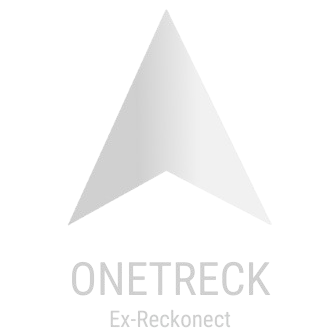Introduction
PubMed is a free search engine that give access to the MEDLINE database, itself composed of references and abstracts on life sciences and biomedical topics dating back from 1971.
PubMed also provides access to old references back 1951 and earlier, as well as references from journals before they were indexed in MEDLINE. Finally, it encompasses very recent entries that are not indexed yet as well as books, PMC citations or NCBI Bookshelf.
History & Description of PubMed
PubMed was first released in January 1996. The system was later offered to the public starting June 1997. In early 2020, the search engine interface was updated with a more responsive homepage and featured a mobile version; a change unofficially dubbed as “PubMed 2.0”
The main goal of PubMed, as a free search engine, is to search and retrieve biomedical and life sciences literature with the aim to improving health-both globally and personally (1).
PubMed links MEDLINE and the MeSH thesaurus together into the most used research website for the global healthcare community. As of 2022, PubMed database contains more than 35 millions citations and abstracts of biomedical literature sourced from over 5300 journals currently indexed in MEDLINE and almost 3000 journals that have deposited material into PubMed Central (a free digital repository that archives open access full-text articles that have been published in biomedical and life sciences journals).

MEDLINE
MEDLINE (2) is a bibliographic database of life science and biomedical information. It covers academic journals from a variety of field, like biology, medicine, nursing, pharmacy, dentistry, veterinary medicine, health care, biochemistry, molecular evolution and more.
It is compiled by the United States National Library of Medicine (NLM), includes literature published from 1966 onward and incorporates the Index Medicus, a monthly guide to medical articles published since 1879.
The Medical Subject Heading (MeSH) Thesaurus
MeSH (3) is a comprehensive controlled vocabulary to carefully index journal articles and books in the life sciences. It was created in the 60’s and maintained by the NCBI. It is updated late in each calendar year.
MeSH will be further describe in a dedicated resource from OneTreck.
Use case
Any terms of interest can be looked upon in PubMed. It supports Standard search and Comprehensive search. Through a standard search PubMed translates the initial formulation and automatically adds field names (tags), relevant MeSH terms, synonyms and booleans operators. Here an example given by PubMed to illustrate this automatic process:
Causes Sleep Walking is translated as (“etiology”[Subheading] OR “etiology”[All Fields] OR “causes”[All Fields] OR “causality”[MeSH Terms] OR “causality”[All Fields]) AND (“somnambulism”[MeSH Terms] OR “somnambulism”[All Fields] OR (“sleep”[All Fields] AND “walking”[All Fields]) OR “sleep walking”[All Fields])

For optimal seaches in PubMed it is essential to understand its core component, MEDLINE, and especially of the MeSH used to index MEDLINE articles. It may also requires more complex search strategies; using field names (tags) and proper limits (4, 5).
The search using the thesaurus MeSH is more accurate and will give fewer irrelevant results. In addition, it saves the disadvantage of the free text search in which the spelling, singular/plural or abbreviated differences have to be taken into consideration. On the other side, articles more recently incorporated into the database to which descriptors have not yet been assigned will not be found. Therefore, to guarantee an exhaustive search, a combination of controlled language headings and free text terms must be used (6).
References
- https://pubmed.ncbi.nlm.nih.gov/about/
- https://www.nlm.nih.gov/medline/medline_overview.html
- https://www.nlm.nih.gov/mesh/meshhome.html
- Searching the literature. Be systematic in your searching. British Medical Journal. 307:66 (1993). doi:10.1136/bmj.307.6895.66-a
- Allison, J., Kiefe, C., Weissman, N., Carter, J., & Centor, R. THE ART AND SCIENCE OF SEARCHING MEDLINE TO ANSWER CLINICAL QUESTIONS Finding the Right Number of Articles. International Journal of Technology Assessment in Health Care,15(2), 281-296 (1999). doi:10.1017/S0266462399015214
- Motschall, E., Falck-Ytter, Y. Searching the MEDLINE Literature Database through PubMed: A Short Guide. Onkologie 28:517-522 (2005). doi: 10.1159/000087186



